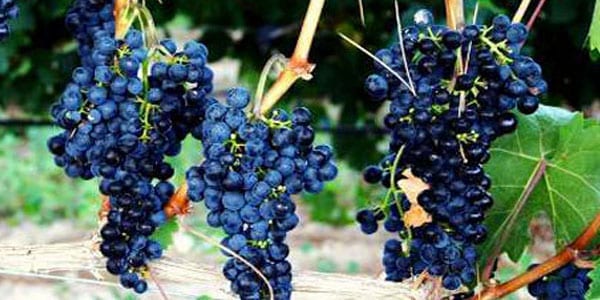According to a study DYM Institute, 48% -almost half- of Spaniards consume very little alcohol or consume it occasionally. This only reveals that more and more people are choosing a healthier lifestyle in which the alcohol it has no place. For whatever reason, the number of people who do not drink these types of beverages increases and, with this, they also have to do products that conform to those interests or needs. It is at this point where the dealcoholized wines, an increasingly present alternative.
The question is, is it really wine?
To what extent dealcoholized wines can they be considered wines? According to the International Organization of Vine and Wine (OIV), wine is “exclusively, the drink resulting from alcoholic fermentation, complete or partial, of fresh grapes, crushed or not, or of grape must ”. In addition, they emphasize that “its acquired alcohol content cannot be less than 8,5% vol”. In that sense, a wine without alcohol should not strictly be considered wine.
So what is the dealcoholized wine? According to the magazine Wine Style Travel, this drink "is a preparation in which the must has fermented and the alcohol resulting from this fermentation has subsequently been removed." In other words, it is a product that started out as wine and ended up being dealcoholized. This is achieved with a lower concentration of the sugars necessary for the transformation of alcohol. It should not be confused with other drinks such as must, because it is not. Be that as it may, that term is used since it is one that everyone understands.

Traditional wine vs dealcoholized wines
As is evident, a wine from which the alcohol is removed does not taste the same. In the end, the element that differentiates it from other similar beverages is being removed. Therefore, to the popular question does wine dealcoholized to wine? The answer is No.. Not because removing alcohol from your brewing process greatly affects your organoleptic profile. That is, neither the body, nor the volume nor its structure can be the same; How could they be if such an important ingredient is removed?
The elaboration
On the basis that they should be used less sugars, one of the methods to get a lower degree of alcohol, is to choose the less ripe fruits -which have not yet reached alcoholic maturity-. By carrying out a premature harvest, it is possible to maintain certain aromas and not lose the essence.
From there, there are several ways to remove the alcohol completely of the elaboration. A very popular one that complements the one already mentioned is to subject the must to low temperature condensation, causing the alcohol to evaporate.
The growing trend of non-alcoholic wine
As with the alcohol-free beer - present for several decades -, wine is also gaining followers; Although, yes, it is a much less mature market than that of other countries, such as the United States. Even so, Wine Style Travel pointed out that the IWSR consultancy estimated a high growth margin in Spain in the coming years, based on "a survey carried out in bars and restaurants that showed that 50% of them dispensed drinks with low alcohol -or without alcohol-, many of them having cocktails made with them."
As we said at the beginning, the reasons for this boom in dealcoholized wines there are several, but the most increasing is that there are people who are looking for a healthier life, and that starts with taking care of your body and your diet. And this drink is a good alternative.
Where to buy them?
In addition to wineries, they can also be found dealcoholized wines in some supermarkets. For example, Carrefour have the Win 0.0 Red and El Corte Inglés has the nature. If you want more variety, you can always go to specialized stores such as Win, which has a full range of these bottles.

In short, it is a market that promises a great future. In the end, although there are those who do not consider it strictly wine, it is a perfectly valid possibility for those who have decided eliminate alcohol consumption in your diets to lead a more balanced and healthy life. And you? Have you already tried it or do you usually take it frequently instead of the traditional alcoholic?






